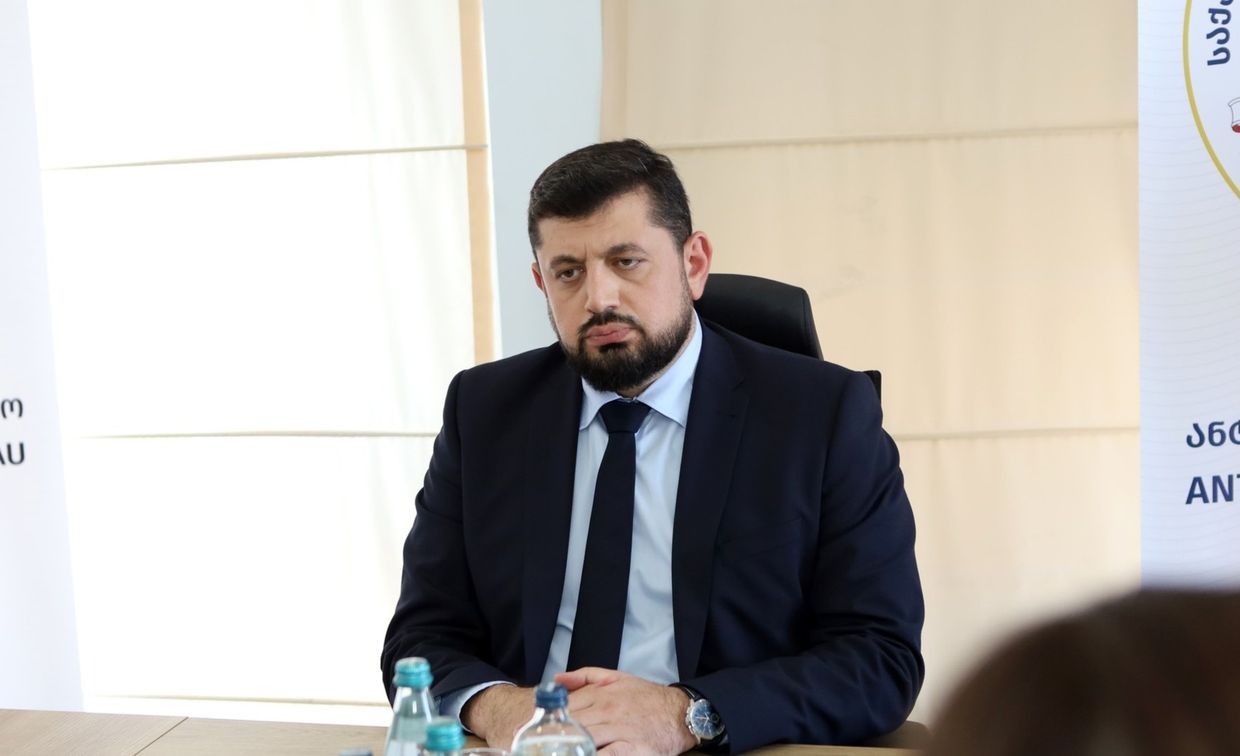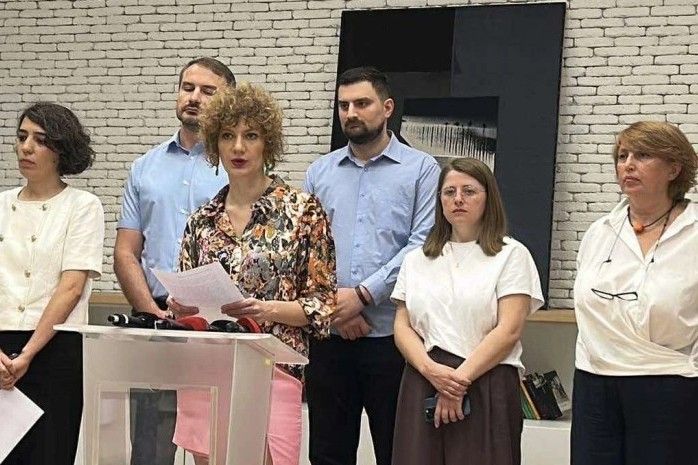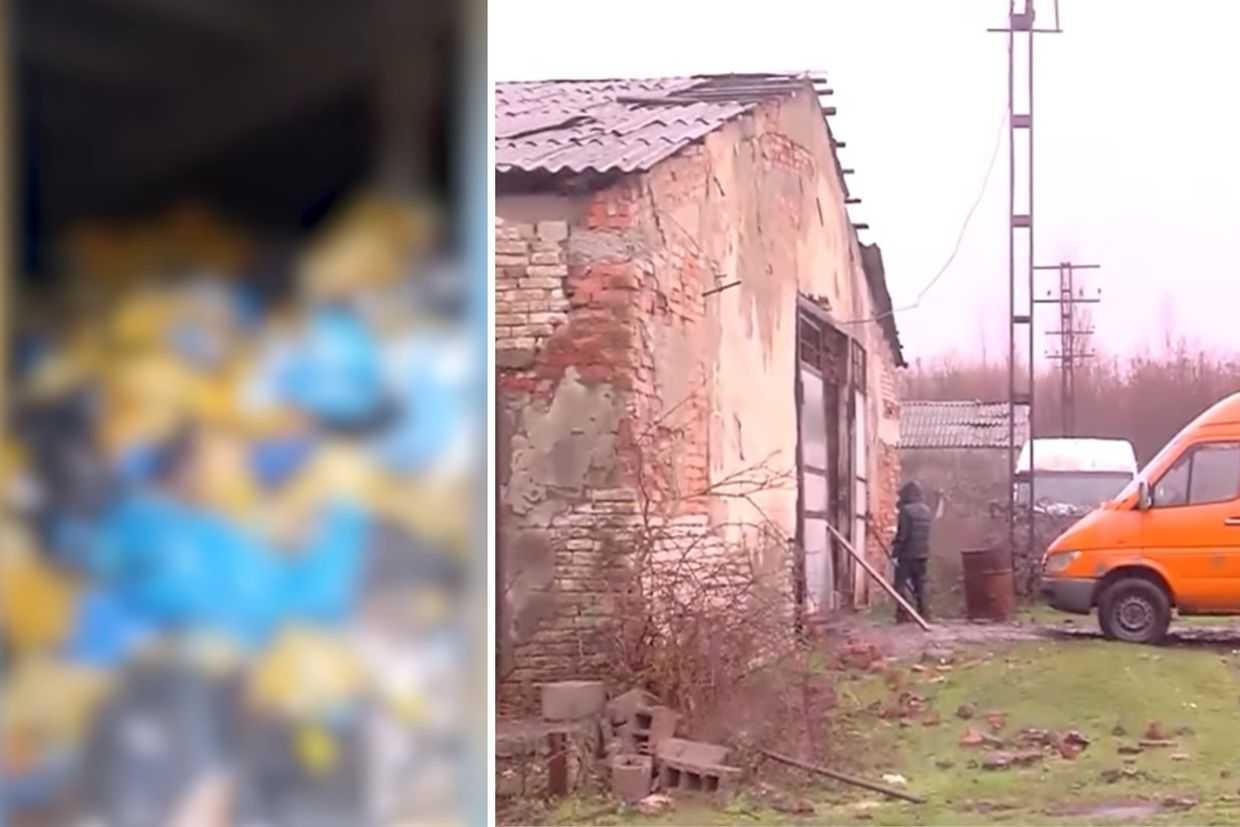
Georgia’s Anti-Corruption Bureau has launched an inspection into another local civil society organisation under the Foreign Agents Registration Act (FARA). This time, the bureau targeted the Economic Policy Research Centre (EPRC), warning it of potential criminal liability for violating the law.
EPRC informed the public about the letter on Wednesday.
‘The letter accuses us of violating the so-called foreign agents registration law, threatens us with criminal liability, and asks for explanations as to why we did not register as agents’, the organisation added.
EPRC is the seventh civil society group over the past week to announce receiving a letter from the bureau.
The list also includes the Civil Society Foundation, the women’s rights group Sapari, Transparency International — Georgia, the Social Justice Centre, the Media Development Foundation, and the International Society for Fair Elections and Democracy (ISFED).
The move is the first of its kind since FARA was adopted earlier this year, indicating that unlike the previous foreign agent law, the government intends to enforce FARA to target critics.
After receiving the letter from the bureau, EPRC joined the other organisations in reiterating their long-standing position that they do not intend to register as agents of foreign interests.
‘We are independent Georgian NGOs operating under our own statutes […] we serve solely the interests of our people and of Georgia’, the statement said.
EPRC, together with the McCain Institute at Arizona State University (ASU) and the George W. Bush Institute, co-organises the annual Tbilisi International Conference, where current and former diplomats and politicians, analysts, and activists discuss key issues related to foreign policy and global security.
In recent years, the conference has repeatedly come under criticism from the ruling Georgian Dream party, with organisers accused of providing a platform for ‘radicalism’ and acting in coordination with Georgia’s ‘radical opposition’.
The bureau’s warning
In its letter to the NGOs, as seen by OC Media, the bureau notified the organisations that information requested from Georgian banks and the Revenue Service confirmed that these organisations’ main source of funding came from grants provided by foreign donors.
The agency further claimed the groups may have been engaging in ‘political activity’ aimed at ‘shaping, adopting, or influencing Georgia’s domestic or foreign policy’, as well as activity driven by the interests of a foreign government or foreign political party.
According to the bureau, the inspection mentioned in the letters was based on a possible FARA violation. They added that their inspection aimed to identify individuals required to register as agents and to examine their activities.
The bureau also asked the organisations to explain why they did not submit a registration application on time.
The letter warned that failure to submit the registration application to the bureau within the legally established period carries criminal liability.
The Georgian Dream government adopted FARA on 1 April, presenting it as a word-for-word translation of the US Foreign Agents Registration Act, also more commonly known as FARA. This followed widespread backlash against the 2024 foreign agent law, which critics labelled a ‘Russian law’, comparing it to the Kremlin’s draconian regulations.
Prominent civil society groups in Georgia, including election watchdogs, human rights groups, and others, have widely rejected the law, publicly vowing not to comply.
Violations of Georgia’s FARA law can be punished by up to five years in prison, a fine of up to ₾10,000 ($3,600), or both.
Critics have repeatedly pointed out that the US law has not been used to target civil society and media organisations, and that Georgian Dream was disregarding US judicial practices over their own legislation in doing so.
The letters follow the Anti-Corruption Bureau’s June court-backed request for extensive information from civil society organisations.
At the time, the groups said the requested information included sensitive data about their beneficiaries, which they were unwilling to provide to the state. They have unsuccessfully appealed the first-instance court’s approval.
Responding to criticism from civil society, the head of the bureau, Razhden Kuprashvili, stated that the legal and financial documentation requested by his office ‘does not go beyond the boundaries of the law’.
A legislative crackdown against civil society
In recent months, the ruling Georgian Dream party has adopted a series of restrictive laws and amendments, several of which have specifically targeted civil society organisations and independent media.
One of the amendments made to the law on grants in April required civil society organisations to obtain the government’s permission before receiving any grant from outside of Georgia. In addition, donor organisations must also submit a copy of the grant to the Georgian government beforehand.
During the same period, the ruling party introduced the FARA law. Under the law, a foreign agent is defined as any person who is under the control of, or acts at the direction of, a foreign power and acts in the interests of that foreign power.
The enforcement of both laws — including decisions about who is ‘acting at the direction of a foreign power’ and who is receiving unauthorised grants — has been entrusted to the Anti-Corruption Bureau.
Georgian Dream has repeatedly claimed that new legislation was necessary to fight the ‘influence of external powers’. Nonetheless, critics of the ruling party have insisted that these changes aim to undermine the media and civil society in an already fragile democracy.
The restrictive laws were passed in a parliament where opposition is virtually nonexistent. Following the disputed 2024 elections, opposition parties refused to participate in parliamentary sessions.
Since then, the ruling party has passed several new restrictive pieces of legislation without any obstacles, targeting the media, civil society, and other critics.











